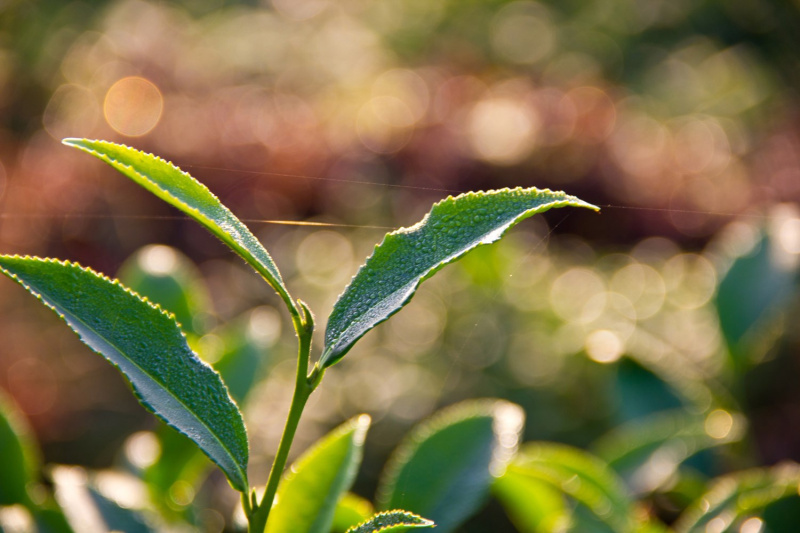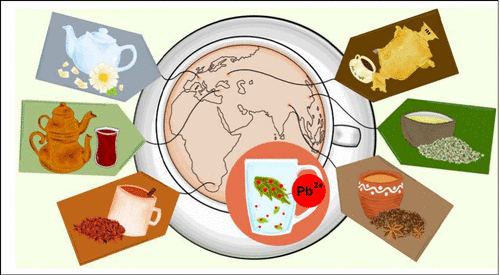-
10 Saturation
-
9 Aftertaste
-
10 Aroma
-
9 Effect
-
10 Balance
-
9 Body
Китайский чай Я Бао Гушу Е Шэн Ча (野生古树芽苞茶, Yěshēng gǔ shù yá bāo chá, "Чайные почки с древних дикорастущих деревьев")
Я Бао Гушу Е Шэн Ча — это уникальный рассыпной чай, произведенный из нежных почек (芽苞, yá bāo) древних дикорастущих чайных деревьев (野生古树, yěshēng gǔ shù), которые произрастают в горах Дасюэшань (大雪山, Dàxuěshān) провинции Юньнань. Этот чай сочетает в себе свежесть, насыщенный вкус и глубокий аромат, характерный для высокогорных чаев. Название "Я Бао" переводится как "чайные почки", что подчеркивает изысканность и нежность сырья, используемого для производства этого чая.
Особенности региона Дасюэшань
Дасюэшань — это живописный регион в провинции Юньнань, который славится своими древними чайными плантациями и благоприятными климатическими условиями. Чистый воздух, плодородные почвы и умеренный климат создают идеальные условия для роста чайных деревьев. Чай из Дасюэшань отличается насыщенным вкусом, ярким ароматом и сбалансированным характером.
Особенности сорта Е Шэн Гу Шу
Чайные деревья сорта Е Шэн Гу Шу (野生古树, yěshēng gǔ shù) — это древние дикорастущие растения, возраст которых может достигать нескольких сотен лет. Они обладают мощной корневой системой, которая позволяет им впитывать больше питательных веществ из почвы, что придает чаю особую глубину вкуса и аромата.
Характеристики чая
Внешний вид
Чайные почки имеют светло-зеленый цвет с серебристыми вкраплениями. Листья крупные и равномерно обработаны, что свидетельствует о высоком качестве обработки. Рассыпная форма чая делает его удобным для заваривания и позволяет лучше контролировать крепость настоя.
Аромат
Сухой чай обладает свежим, цветочным ароматом с нотами меда, трав и легкой фруктовой сладости. После заваривания аромат раскрывается, добавляя оттенки свежих фруктов и легкой древесной ноты.
Вкус
Вкус чая отличается легкостью и нежностью. Настой имеет прозрачный светло-желтый цвет. Во вкусе преобладают теплые ноты меда, свежих фруктов и легкой травяной свежести. Послевкусие долгое, с приятными сладковатыми и цветочными оттенками.
Энергетика и воздействие
Я Бао Гушу Е Шэн Ча обладает освежающим эффектом и способствует расслаблению. Этот чай идеально подходит для теплого времени года, а также для тех, кто ценит спокойное и медитативное чаепитие.
Рекомендации по завариванию
Для заваривания Я Бао Гушу Е Шэн Ча рекомендуется использовать метод проливов в гайвани или стеклянном чайнике. Температура воды должна быть около 85–90°C. Первые проливы следует делать короткими (10–15 секунд), чтобы раскрыть аромат и избежать излишней горечи. Постепенно время настаивания можно увеличивать. Чай выдерживает до 5–7 проливов, каждый из которых раскрывает новые грани вкуса.
Я Бао Гушу Е Шэн Ча — это уникальный чай, который сочетает в себе свежесть весеннего урожая, глубину вкуса и богатую энергетику. Его происхождение из региона Дасюэшань и использование почек древних деревьев делают его настоящим сокровищем для ценителей чая. Этот чай подарит незабываемые моменты наслаждения и позволит ощутить связь с древними традициями китайского чайного искусства.
Если вы ищете чай, который сможет удивить своей многогранностью и подарить свежесть и легкость, Я Бао Гушу Е Шэн Ча — это прекрасный выбор.
|
Name in Chinese
|
野生古树芽苞茶 |
|
Pinyin
|
Yěshēng gǔ shù yá bāo chá |
|
Translation
|
Tea buds from wild ancient trees |
|
Tea variety
|
Yabao |
|
Country
|
China |
|
Provinces
|
Yunnan (云南) |
|
Habitat
|
Дасюэшань (大雪山, dàxuěshān) |
|
Tea tree (bush) variety
|
Ye Sheng Gu Shu |
- Reviews
- Vkontakte
















































































